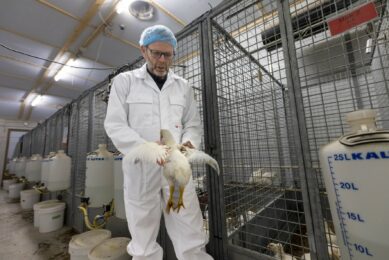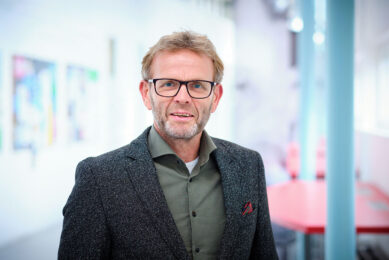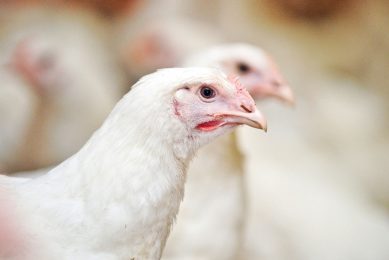Column: Think global

People often ask me why I travel so much and refer to my CO2 footprint. They are right that travelling, particularly flying, has a major effect on our planet and the advanced greenhouse effect. On the other hand, every trip (by train, car or plane) delivers very valuable information about breeder management.
The information gained is information that I can use to change the way we keep broiler breeders and improve the welfare and reproduction of these birds. These factors are also elements of broad sustainability (the 3 Ps: People, Planet and Profit).
Of course you can meet people via Teams and Zoom, and this certainly increases knowledge exchange between specialists in the breeder business. But it can’t be compared with live meetings abroad in poultry houses and meeting rooms. Travelling always consumes time and energy, but it also generates a lot of inspiration and creativity. Real exchange of knowledge and getting to the next level in complex discussions needs personal contact, inspiration and, above all, trust.
Most countries are dealing with the same issues that we are facing and we can learn from each other. Just a couple of examples. We visited Norway and Denmark for a Fact Finding Mission (FFM) to discuss unrestricted access to water for breeder pullets. We also discussed the possibilities of applying males with intact hind toes. These subjects are under discussion in the Netherlands and will probably also be discussed in the broader EU in the near future.
Restricted access to water in the pullet phase is still a common practice in the Netherlands, whereas in Scandinavia, but also in Turkey, pullets have full access to water during the light period. This is mainly due to the drinking water systems used. In the Netherlands, bell drinkers are still quite common, whereas in other countries, nipple drinkers are used. My observations of systems has taught me that nipple drinkers without drip cups are preferable. A low water flow in combination with very limited spillage leads to a normal water-to-feed ratio and good litter quality.
From my own research I have also found that there is a positive effect on water drinking behaviour. Pullets with unrestricted access to water are less frantic during drinking. Or, in the opposite case, when pullets only have a short period of access to water, they are very eager to drink water. This has negative effects on feather cover, bodyweight uniformity and probably also stress. Don’t forget: rapid drinkers are not born that way, but raised.
It’s by travelling and actually observing people and birds that I can reap the benefits of improving global broiler breeder management and welfare.











